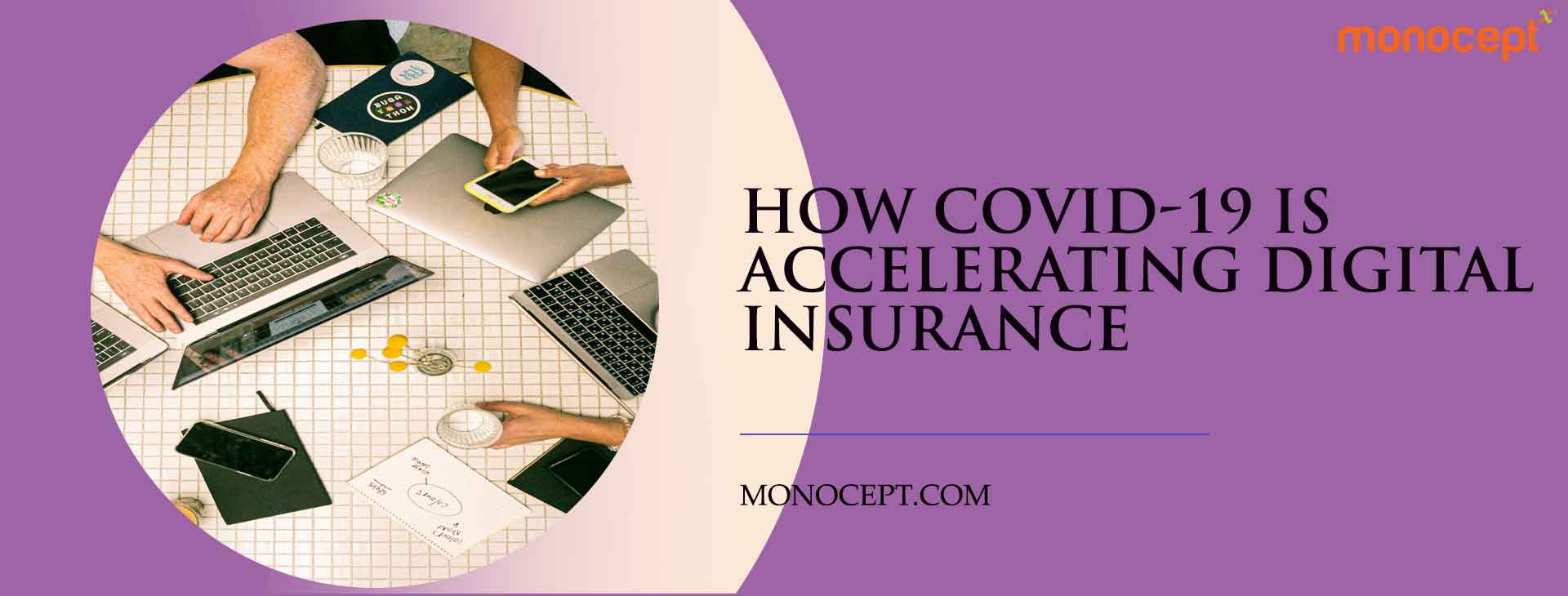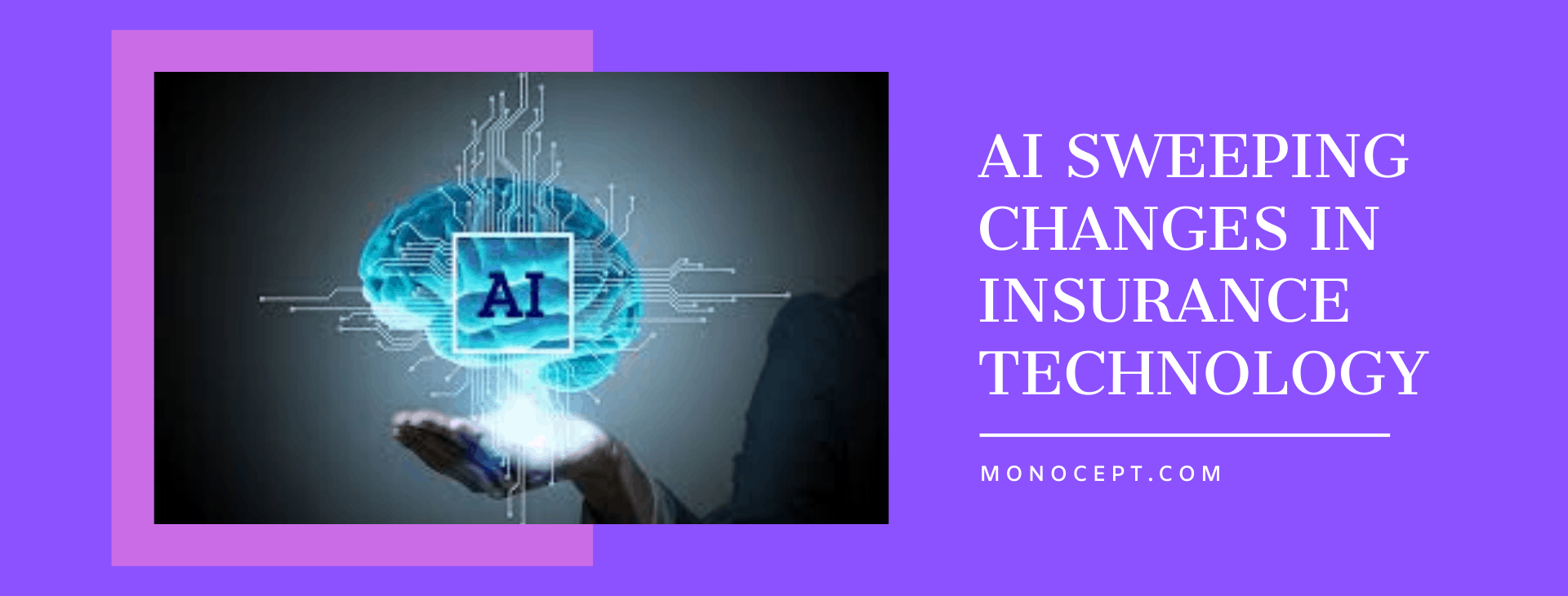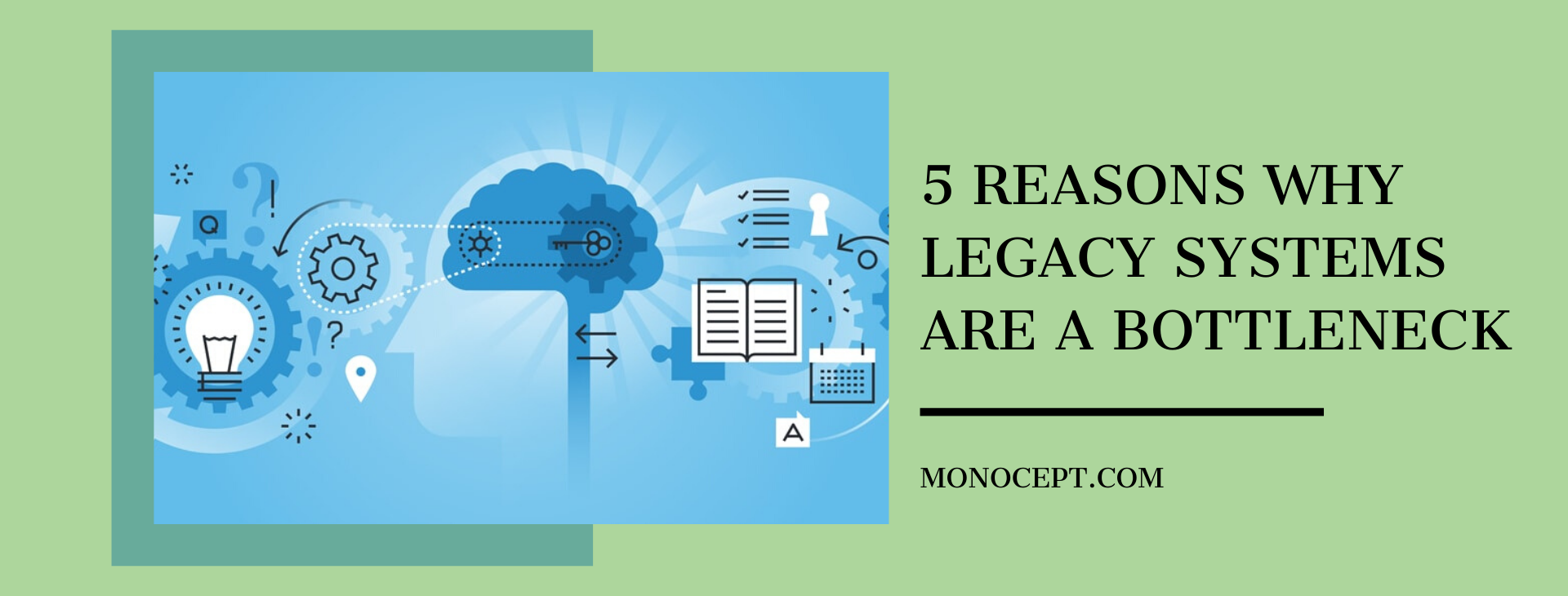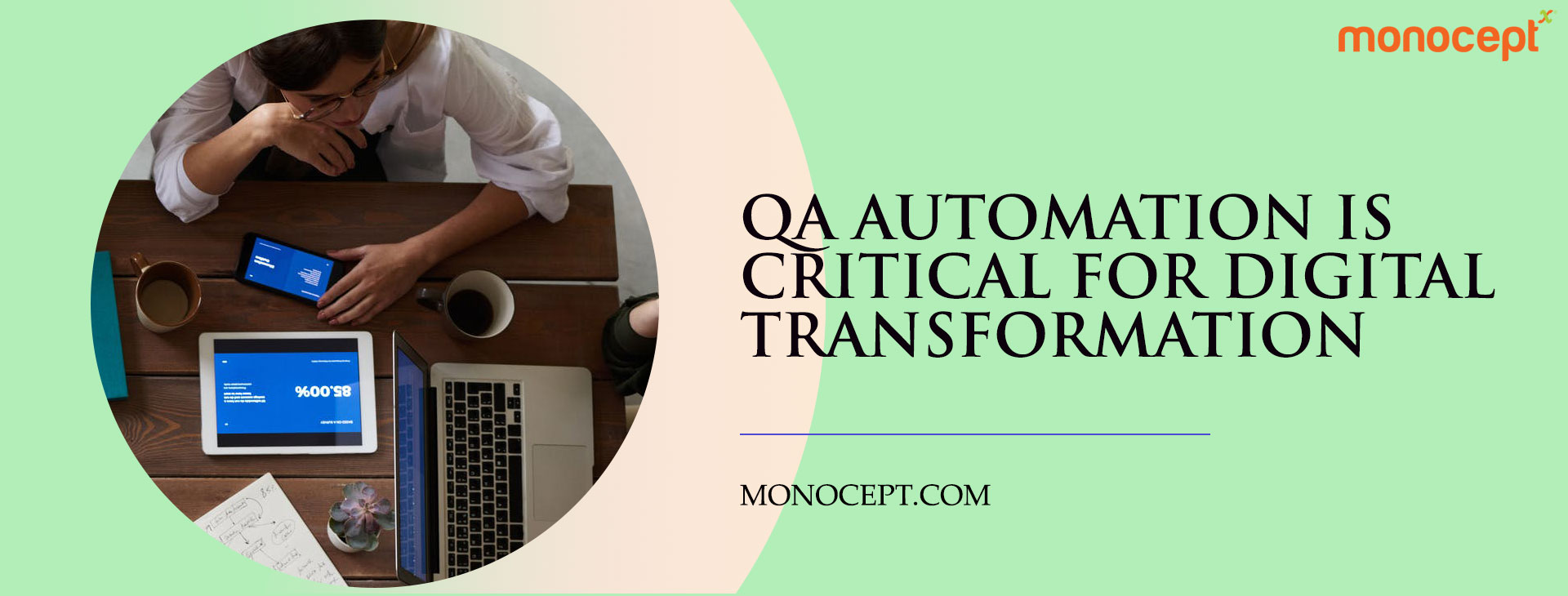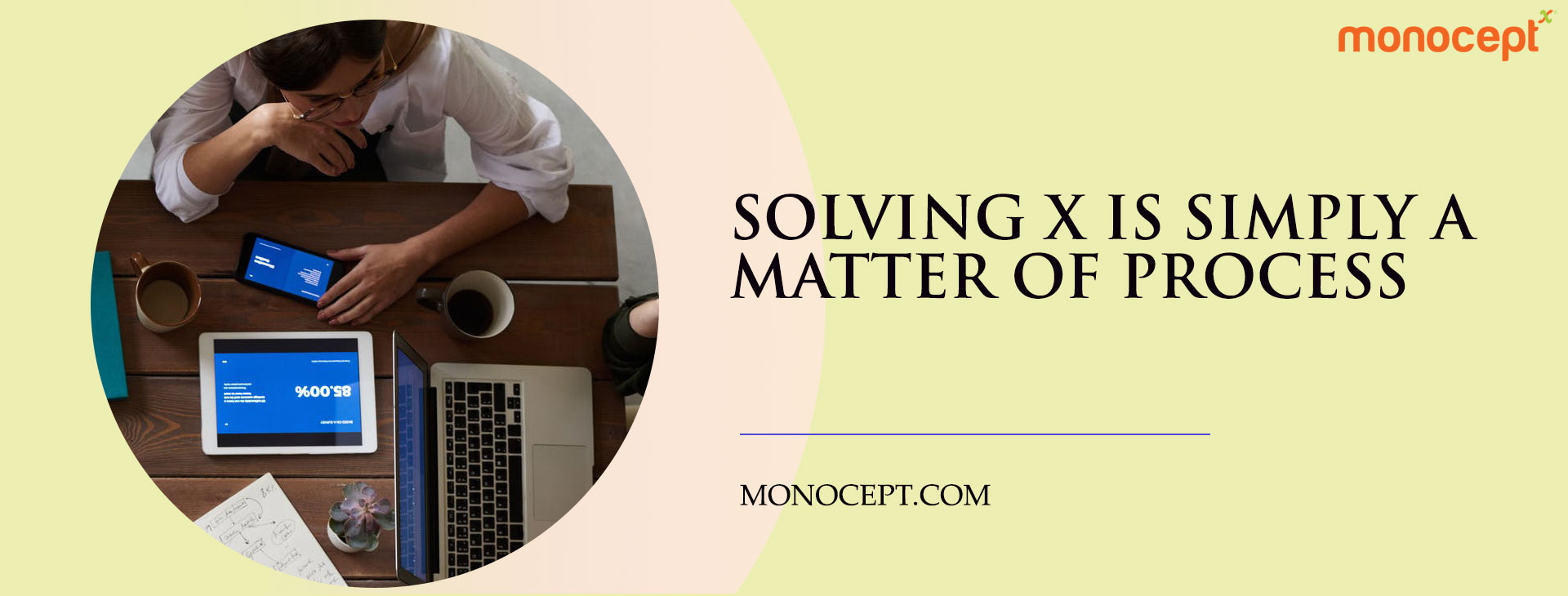Digital Transformation in Insurance; 3 Critical Technology Trends
Digital transformation is more than some hot trend or buzzword. Companies are increasingly investing in digital solutions to find success in today’s ultra-competitive business world. Digital transformation is revolutionizing diverse industries by transforming business operations leading to more seamless user experiences.
A study by the Harvard Business Review, called ‘Operationalizing Digital transformation; New Insights into Making Digital Transformation Work,’ showed that 43% of surveyed companies across diverse sectors witnessed incredible results because of their investments in digital transformation.
But, digital transformation in insurance is perhaps, one of the fastest-growing concepts. Another study by Mckinsey shows that the insurance industry’s digital maturity far outpaces other vital sectors such as transport and logistics, automotive, and banking, with up to a 3% increase every year.
Interconnecting innovation and customer experience
There are two main reasons for this rapidly growing digital transformation in the insurance concept—first, the advent of insurtech start-ups, and secondly, the new identity of insurance consumers.
Before now, insurance companies fell behind regarding adopting some technology advancements or even embracing full-scale digital transformation. But with the emergence of insurtech start-ups came a massive disruption and changes in the consumer experience.
Therefore, today’s insurance consumers have especially set the bars high. They demand products and services that combine speed, transparency, affordability, and convenience.
Furthermore, the COVID-19 pandemic also accelerated the shift in consumer behavior and preferences setting in motion the need for hassle-free interactions, 24% access to information, automated insurance services, and tailored products as the new baseline for satisfactory customer experience.
So, insurers are tasked with reinventing their business models, products, and service offerings to meet these growing demands, which requires taking advantage of emerging technology applications. They must invest in technology that will streamline their operations and product/service offerings in a way that attracts and retains these consumers.
Here are some examples of current technology advancements driving the insurance industry.
AI and Machine Learning
AI and Machine learning allow insurers to automate diverse processes. For example, insurers can now use drones to recognize damage in catastrophic areas or property evaluations rapidly. AI and Machine learning also enable insurers to identify fraud in claims alongside supporting rapid interactions across diverse departments from process analysis to survey to ensure that better and accurate decisions are made about claims. According to a study by Mckinsey, automation reduces the cost of a claims journey by 30%.
On the part of customers, AI and Machine learning ensure that they can look forward to proactive and personalized products and service offerings.
Internet of things (IoT) and Analytics
IoT works alongside AI and Machine Learning to bring about various benefits to customers:
- In residential insurance, smartphones connected to sensors installed on properties can help the owners remotely monitor their property to reduce the chances of break-ins and theft with higher visibility of other risks to the property.
- In automotive insurance, vehicles can now have telemetry devices that will proactively collect data to help minimize accidents and fraud.
- Concerning life insurance, smartwatches and biometric sensors are now available for consumers to monitor areas such as blood pressure, heart rate, and many more.
On the part of insurers, they can now capture better information about customers to optimize their products, identify risks in specific customer profiles, detect and reduce fraud, and generate insights on the insured’s health, safety, and daily habits.
Mobile
Digital transformation in insurance enables insurers to offer seamless products such as gadgets that can support the insured quality of life, thereby empowering interactions between the organization and its customers.
Customers will, in turn, look forward to gadgets that will guide on critical health issues such as encouraging good eating habits, providing health information to customers whenever they need it also to prevent disease or help them manage particular conditions.
Overall, digital transformation in insurance is not a one-time event but an ongoing process demanding a great deal of commitment and effort. But there is no doubt that digital transformation in insurance brings about many benefits to any insurer. Insurers can look forward to a better way to attract new consumers, engage old customers, improve insurance contracting experience, develop better innovative services with a greater understanding of their risks and maintain the edge in the ultra-competitive space.
We are ever-evolving to meet the needs of our clients. By leveraging cutting-edge technology and intelligence capabilities such as AI, ML, and predictive analytics we can offer you a custom insurance digital solution that will fit your specific business need for agility, efficiency and profitability by providing innovative solutions backed with strategic insights on how to go about it. Get in touch with our experts now or email to info@monocept.com.

























